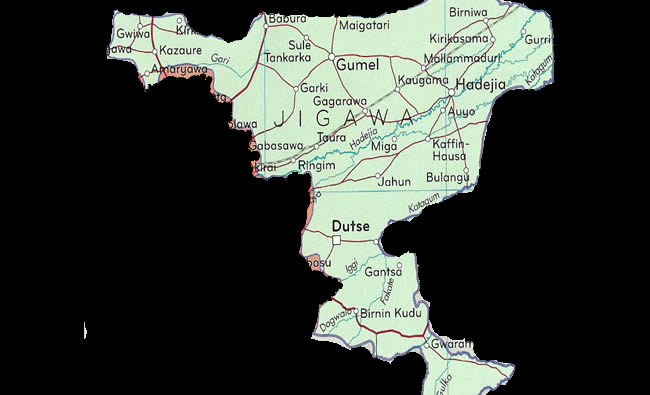The impending resumption of public and private schools in Jigawa State has ignited widespread apprehension among parents grappling with the escalating cost of school materials. As the new academic session approaches, families are facing the daunting task of equipping their children for school against the backdrop of prevailing economic hardship. The weight of providing new uniforms, textbooks, and covering school fees is proving particularly onerous for many households already struggling to meet basic needs. The financial strain resonates across both public and private school systems, painting a picture of widespread economic vulnerability.
The voices of parents in Jigawa State echo a shared narrative of economic hardship and the struggle to afford essential school supplies. Hauwa Bello, a mother of three, articulates the difficulty faced by many families in procuring the necessary tools and supplies due to escalating prices. Her sentiment reflects the broader reality that back-to-school preparations translate into a significant financial burden for many households. Similarly, Musa Aliyu, whose daughters attend a private secondary school, highlights the daily struggle to meet basic needs, exacerbated by the added pressure of school expenses. This struggle is further compounded by the current economic situation, making it increasingly difficult for families to make ends meet.
The financial burden extends beyond private school attendees, impacting parents with children in public schools as well. While public education alleviates the burden of tuition fees, the cost of exercise books and uniforms still presents a considerable challenge for many families. Usman Sani and Fatima Yusuf, both parents of children in public schools, share similar concerns about the financial implications of the new school year, highlighting the pervasive nature of the economic hardship. They express hope for improved economic conditions, reflecting the shared desire for a more manageable financial landscape.
Fatima Yusuf’s situation underscores the particular vulnerability of single-parent households. As a widow with three children, she grapples with the rising cost of living that has significantly diminished her financial capacity. Her experience exemplifies the disproportionate impact of economic hardship on vulnerable families, further emphasizing the need for accessible and affordable education. The rising cost of education poses a significant challenge for many families, particularly those headed by single parents, who often bear the sole responsibility for providing for their children.
Meanwhile, teachers in Jigawa State express their readiness for the resumption of the academic session, having made the necessary preparations. Saudatu Yusuf, a teacher at Government Girls’ Secondary School in Dutse, confirms the preparedness of educators to welcome students back to the classroom. Teachers have been diligently preparing lesson notes and ensuring the availability of essential materials, demonstrating their commitment to providing quality education. However, concerns remain regarding the condition of school infrastructure, with some teachers advocating for improvements to create a more conducive learning environment.
Saminu Shehu, a teacher at Dundubus Primary School, raises concerns about the state of some classrooms, urging the state government to address these issues. The call for infrastructure improvements highlights the importance of providing a suitable learning environment for students, emphasizing the connection between physical infrastructure and the quality of education. While teachers express enthusiasm for the resumption of classes, they also underscore the need for government intervention to ensure that schools are adequately equipped to facilitate effective learning. The interplay between teacher preparedness and infrastructure needs underscores the multifaceted nature of providing quality education in Jigawa State.














